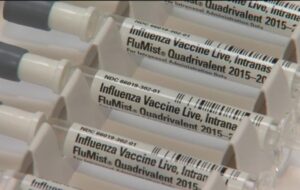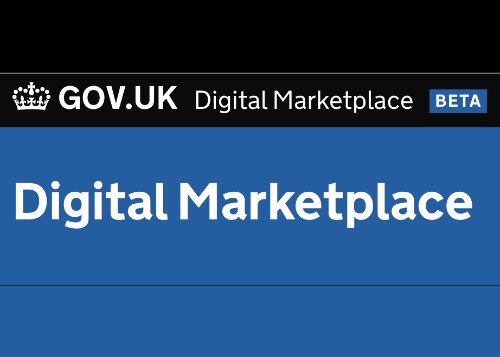Needs assessments have been a staple in the Public Health toolkit for quite some time now. But, with the recent updates to guidelines, concerns regarding the practicality and longevity of traditional methods are growing.
With this in mind, today we will assess some of the limitations of current needs assessments. We will then discuss some of the most promising innovations in this arena.
These are tools that Providers should be keeping an eye out for, in order to maximise time and cost savings. To align yourself fully with PHE’s latest goals, look no further.
Evaluate your Position on Health Needs Assessments – Are You Ready for Change?
Needs Assessments are a cornerstone for planning resources and priorities, to deliver succesful and cost effective outcomes.
This is especially true nowadays. Public Health England’s recent updates to healthy child programme commissioning guidelines highlights a shift in narrative. As a result, PHE’s 5 year strategy now lists their ‘best start in life’ initiative, alongside the need for ‘modernisation of the Healthy Child Programme’, as two of their key goals for the next 5 years.
We have summarised PHE’s primary aims with these changes:
- Improve the general health and wellbeing of all children and young people.
- Reduce outcome inequalities across demographics (including race and class).
- Enable effective, focused services where additional needs are identified.
- Use the latest evidence on effective practice, data-driven decision making.
- Increase efficiency and leaner working.
- Fully utilise modern technological solutions.
With these goals in mind, it may be worth assessing whether or not your current system meets these criteria – or if it might be slowing you down.
How Can You Use Health Needs Assessments to Better Fit with Commissioning Guidelines?
At their best, health needs assessments offer providers a quick, inexpensive, route to identify the health, wellbeing, and social needs of children across the country.
They can offer unparalleled benefits, for both universal, and targeted, care plans. A well managed system allows providers to ‘identify health and wellbeing issues early, so support and early interventions can be provided in a timely manner.’
However, if managed poorly, needs assessments are yet another bureaucracy. They can easily become an additional administrative barrier to providers’ abilities to deliver on care plans. Which is why effective delivery of health needs questionnaires is so crucial to meet core commissioning aims.
And current frameworks for distribution of needs questionnaires leave much to be desired. Paper-based methodologies, that many Providers still rely upon, have obvious limitations – in terms of both scalability and efficiency. With 8 million children in school across the UK, this represents a massive administrative burden. Meaning delays in your abilities to deliver targeted, evidence-based care to those that need it the most.
These updates signify PHE further aligning toward messages regarding universality, ‘opportunities for leaner working’ and ‘mak[ing] best use of modern technology’. So, there is a growing need for innovative technological solutions. This is, in no small part, to help automate some of the arduous process of printing, collecting, collating, and sorting through paper records.
How Modernising Health Needs Assessments can Streamline Workloads for Providers
The most obvious contender for a replacement for the current system is a dedicated online platform.
Whilst some non-healthcare based survey services do exist (for example, SurveyMonkey), many of these are unsuitable. Without proper provisions for data security, handling of children’s personal data simply wouldn’t be possible. And, these non-dedicated services are unlikely to have automated workflow, resource planning and reporting support. Meaning more administration time setting up, editing, collating, identifying and prioritising.
A dedicated health needs assessment system should remove paper burdens, and increase efficiency massively.
Such a system could allow providers to instantaneously distribute all required assessment questionnaires at the push of a button.
Fully customisable, automatically risk assessed and prioritised according to your requirements, saving hours of frustration setting up questionnaires. And, parents or children can instantly receive, fill out, and return, their needs questionnaires from their own homes, using their own devices. This obviously signposts potentially massive time and monetary savings for care providers.
The salient point to be taken from all of this? Under dedicated online needs assessments systems, providers will spend less time on admin – and release more time to care.
Using Online Needs Assessments to Enable Targeted, Effective Responses
An additional factor to consider is that online needs assessments often offer previously unreachable standards of customisation.
This means Providers can target their health needs questionnaires accordingly. This could prove particularly promising in arenas such as measuring awareness and incidence rates of drug and alcohol usage.
One other important consideration is PHE’s push for ‘data-driven decision making’. Digital methodologies for needs assessments are instrumental to this movement. For example, with online needs assessments, there are often options for anonymised data comparisons between cohorts, or schools in an area.
Enabling Commissioners and Providers to align with the new PHE messaging is just one benefit. Changing systems can also facilitate easier identification of priority areas. This should allow Providers to more readily develop appropriately targeted plans and effective, targeted, interventions.










